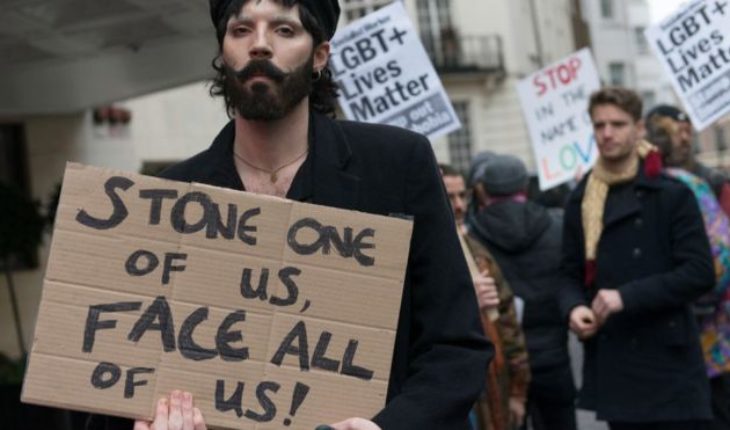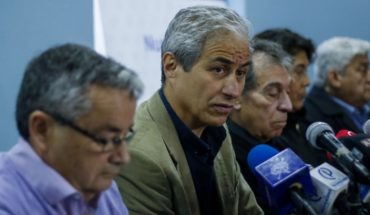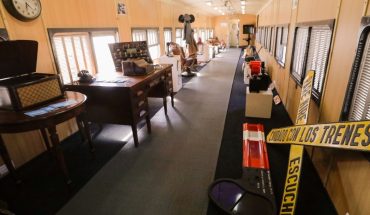The code provides for strict laws against the LGBT community that sex between men is punished with stoning to death.
The BBC spoke to two young people from Brunei who, after leaving the country, explained how was your life like people in the LGBT community.
“When we were small, they taught us that stones [para lapidar] did not have to be too big for the person not died so quickly. If you think about it, is terrible,”said the BBC Shahiran, he emigrated to the United Kingdom to avoid pressure.
“I did not recognize that he was gay until I went and I could be myself. “Then I went (Brunei) and it all began: in my country was afraid”.
Zoella, a young woman who is defined as trans and an ex-Muslim, requested asylum in United Kingdom fleeing discrimination.
“I want to live my life. If they reject my demand, I will have to return to Brunei. I cannot change gender, so death is surely the way faster”, he explains.
Life in Brunéi Zoella had to adapt his life to survive in their country.
“As you can see, apparently I not behave in a feminine way. That’s because I removed all the femininity. It was the only way out of the radar of the Government to, in the end, be able to escape,”he said.
At the prospect of someone in your environment reported it to the secret police, Zoella knew very well of what people had to surround.
“I had to find friends who were like me, i.e. they were not practising Muslims, or that they were not religious, or people of the LGBT community,” he said.
Why? “Because, if it decided to open myself to them and they had him to the secret police, I also could report them”.
It is what defines herself as a kind of “mutual destruction”.
Shahiran gives a touch of changes which could be the country with the new penal code.
“In Brunei were a tight-knit community, despite the fact that between us we didn’t know us very well. Now, with the new law, I can imagine myself betraying and selling to people to save me”, he says with dismay.
When I lived in Brunei, Shahiran never showed such as: “expect anyone not to know it. Never I told my family when I was there”.
Zoella also lived with fear: “my parents know this, and supported me, I think that because it has no more children.” “But the question is that if it would be counted in Brunei, it would have fear of me kill equal”.
In the end, the two managed to leave the country.
Shahiran explains that he went because, after writing a post on Facebook that criticizing the Government of Brunei, they denounced it and had to go to trial for rebellion.
Zoella had it clear from the outset: “as soon as I had the legal age to work, I looked for work and I saved for a year. Then I bought a plane ticket to Vancouver”, in Canada.
And what about the colleagues who remain in Brunei?
“In terms of gay men that I know and I want to, I don’t come to stone them to death. But, before the intensification of the punishments, if is likely to languish in jail”, assures.
And concluded: “my message to the LGBT community is that, please be careful and try to get out of there as soon as possible”.
The implementation of penalties with its new penal code, Brunei joins the group formed by Iran, Saudi Arabia, Yemen, Sudan, Mauritania and parts of Nigeria and Somalia, countries that also provides for the death penalty to punish homosexual relations, according to data from the International Association of lesbian, gay, bisexual, transgender and queer (ILGA, by its acronym in English).
Sultan Hassanal Bolkiah, one of the few absolutist monarchs who are left in the world is located behind the approval of these strict penalties.
The Brunei gay community expressed shock and fear “medieval punishments”.
Amnesty International urged Brunei to “stop immediately” the implementation of new penalties.





